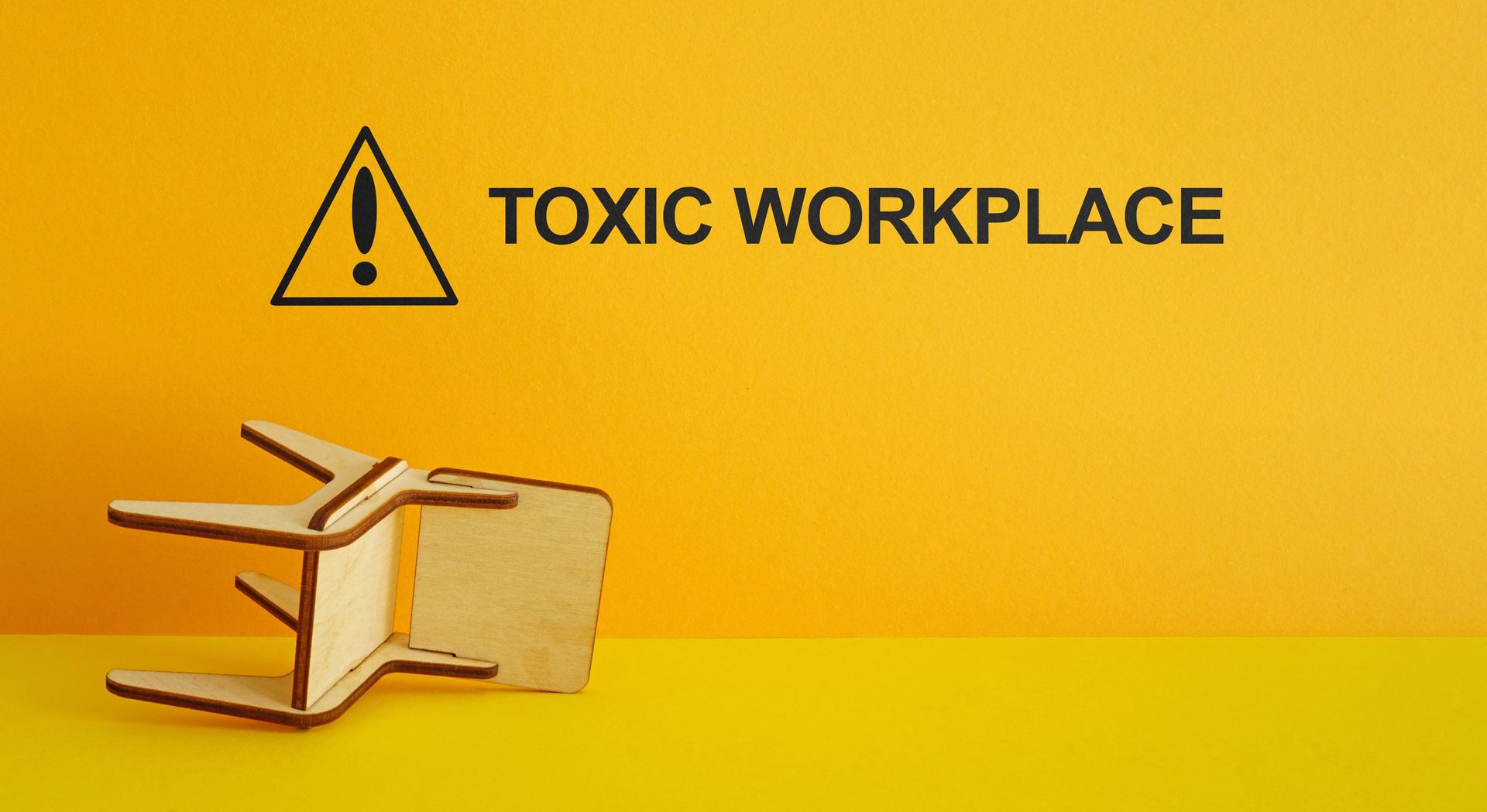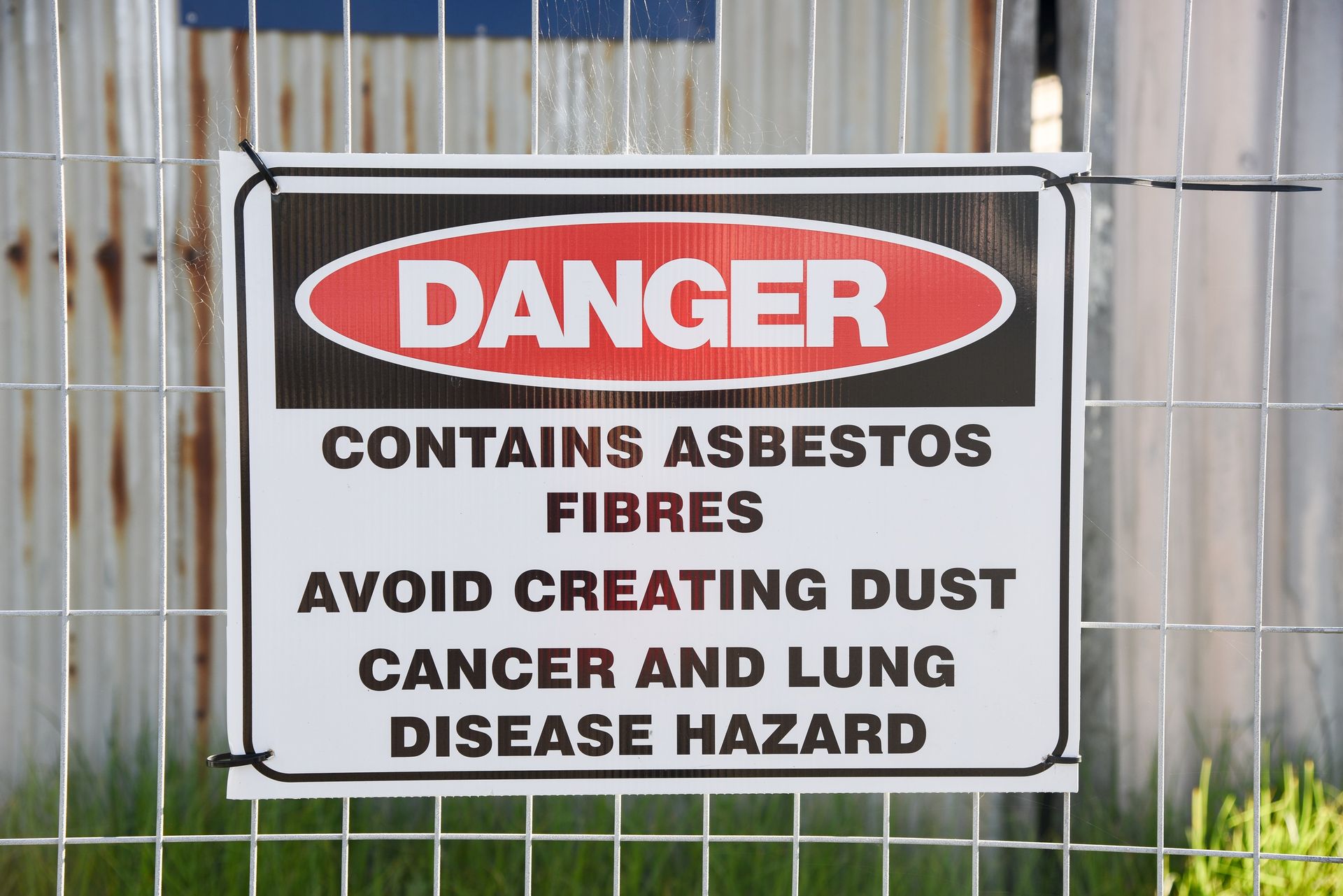Expertise
Assault
SPEAK WITH AN ASSAULT LAWYER IN HAWKESBURY
Criminal Law Experts
Our experienced criminal lawyers handle a broad spectrum of cases, including assault, traffic violations, drink driving, drug charges, theft, fraud, and even murder.
24/7 Criminal Law Advice
Legal issues can arise at any time. Our criminal law team is available 24/7 to provide legal advice, with a free initial consultation to discuss your case.
Top-Tier Team
Led by a former police officer and senior prosecutor, our criminal law team has in-depth knowledge of court procedures. This experience allows us to build strong defence strategies for our clients.
Extensive Experience
With years of courtroom experience, we handle most summary matters without the need to engage a barrister, keeping legal costs manageable while delivering effective representation.
Here To Help
Charged with assault? A conviction could have lasting consequences, so seeking legal advice as soon as possible is important to maintain your legal standing. The right defence can help you challenge the allegations and work toward the best outcome. At Kells, our Hawkesbury assault lawyers are available 24/7 to provide legal guidance, defend your rights, and build a strong case on your behalf.
How We Can Assist in Assault Cases
An assault charge carries serious legal consequences, including the possibility of imprisonment. With so much on the line, who you choose to represent you can make a significant difference in the outcome of your case.
At Kells, our assault lawyers in Hawkesbury have a strong track record in defending assault charges, so we are prepared to fight for your rights with a strategic and focused approach. Contact us today to discuss how we can protect your legal position and build a strong defence.
What do I do if I am charged with assault?
Assault covers a wide range of offences, from minor physical contact to serious violence. Charges that fall under assault include:
-
Common Assault
A person can be charged with common assault even if no physical injury occurs. Acts such as unwanted touching, a punch that doesn’t cause harm, or spitting on someone may qualify. Threats without physical contact can also constitute common assault. The maximum penalty is 2 years in prison, but aggravating factors, such as assaulting a police officer, can lead to harsher penalties.\
-
Assault Occasioning Actual Bodily Harm
Assault Occasioning Actual Bodily Harm
This offence applies when an assault causes physical injury. The law does not provide a strict definition of actual bodily harm, though it generally includes injuries like bruising, scratches, or minor psychological harm.
The maximum penalty is 5 years in prison, increasing to 7 years if the offence is committed with others. The prosecution does not need to prove intent—only that an assault occurred, that harm resulted, and that the accused was responsible.
-
Reckless Wounding
Wounding occurs when an injury breaks the skin, regardless of whether a weapon was used. The severity depends on the extent of the injury and the circumstances, such as repeated strikes or the setting in which the offence took place.
The maximum penalty for reckless wounding is 7 years, or 10 years if committed in company.
-
Reckless Grievous Bodily Harm
What is grievous bodily harm?
Grievous bodily harm (GBH) refers to serious injuries or significant permanent disfigurement. There is no definitive list of injuries that qualify, though GBH applies even if the victim eventually recovers. The court determines whether an injury meets the legal standard.
The maximum penalty for this offence is 10 years in prison, increasing to 14 years if committed in company.
What constitutes recklessness?
Recklessness refers to the offender’s awareness that their actions could result in harm. The prosecution must prove that the accused understood the potential consequences of their conduct. For example, if a person punches someone knowing it could break their nose, they are considered reckless regarding that harm, which meets the threshold for this offence.
-
Intent to Cause Grievous Bodily Harm
Similar to reckless grievous bodily harm, this offence requires the injury to be classified as grievous. However, the key difference is that the offender must have intended to cause serious harm. The maximum penalty for this offence is 25 years in prison.
-
Assault of a Police Officer in the Line of Duty
Assaulting a police officer is treated as a serious offence, with courts prioritising deterrence. The maximum penalty is 5 years in prison.
Other offences related to assaulting police officers include:
- Assault, throw missile at, stalk, harass or intimidate – maximum penalty is 5 years imprisonment
- Assault occasioning actual bodily harm – maximum penalty is 7 years
- Wound or inflict grievous bodily harm – maximum penalty is 12 years.
-
Assault Causing Death - ‘One Punch Legislation’
This offence was introduced to address fatal one-punch assaults. It carries a mandatory minimum sentence of 8 years, with a maximum of 20 years or 25 years if the offender was intoxicated.
To be charged, the assault must involve a deliberate, unlawful strike that results in death. While similar to manslaughter, this offence carries harsher penalties.
-
Attempt to Choke
Attempting to choke, suffocate, or strangle another person is a serious offence under the law, carrying a maximum penalty of 25 years in prison.
-
Administering an Intoxicating Substance
This offence primarily relates to drink spiking but includes administering alcohol, drugs, or any other intoxicating substance with the intent to commit an indictable offence. If the substance is capable of causing injury, the penalty increases, with a maximum sentence of 25 years imprisonment.
Other factors to consider
-
Factors Courts Consider in Assault Cases
When evaluating the gravity of a personal violence offence, the court will consider the following elements:
- Extent and Nature of the Victim’s Injuries: The seriousness of the victim’s injuries is key in assessing the offence's severity and determining the appropriate sentence. Generally, more serious injuries result in a more severe offence and a harsher penalty.
- Degree of Violence Inflicted by the Offender: The level of violence used by the offender will influence the sentencing decision. More violent attacks typically incur more severe penalties.
- Intention/Mental Element: This consideration is typically governed by the legislation that defines the offence.
-
Aggravating Factors
Certain circumstances can make an assault charge more serious, which may lead to a harsher penalty. These aggravating factors are often seen in personal violence offences and can significantly impact sentencing. When these elements are present, courts are more likely to impose stricter punishments. Examples include:
- Weapons – actual use or threatened use in the commission of the assault. This includes weapons such as knives, firearms, syringes, glasses or broken bottles
- Premeditation – Where premeditation or planning is a factor, the court will look to the degree of premeditation when determining the seriousness of the offence committed
- Unprovoked offence – Where the attack is unprovoked and unjustified
- Offence committed in company – Where the offence is committed in the company of others
- Vulnerable victim – Where the victim is vulnerable (for example, due to age, disability or occupation i.e. a service station attendant or bus driver or security officer)
- Commission of offence in victim’s home – for example during a robbery or where the accused has entered the property of the victim and then assaulted them
- Gratuitous cruelty – This is where the offence goes beyond just being violent in nature, it includes situations where the offender has gone beyond having no justification for causing pain. An example of gratuitous cruelty is found where the offender tortured the victim or the offender punches or kicks a pregnant woman in the stomach, causing a miscarriage. Another example of gratuitous cruelty was where a victim (who was 3) suffered 57 injuries including internal injuries and dehydration as well as bite marks
- Substantial harm – Where the injury, emotional harm, loss or damage caused by the offence was substantial, for example where the victim has suffered ongoing medical problems and not been able to work as a result of the assault
- Intoxication – Intoxication can be a result of either alcohol or drugs.
-
Mitigating Factors
While some factors can increase the severity of an offence and result in a harsher sentence, others can reduce its seriousness. These mitigating factors may influence the court to impose a lesser penalty. Examples include:
- Injury or harm not being substantial – for example if the victim’s wounds are healed or were not substantial in the first place
- Provocation – where the offender was provoked by the victim into committing the offence
- Sexual assault
- Indecent assault
- Drug possession and supply
- Fraud charges
- Money laundering
- ASIC offences
- Insider trading
- Theft charges
- Shoplifting
- Firearms offences
- Land and Environment Court prosecutions
- Local Council prosecutions
- Local Court, District Court and Supreme Court trials including homicide charges.
An assault conviction can have lasting consequences, which is why acting quickly is crucial. With former police officer and prosecutor Patrick Schmidt leading our team, we are available 24/7 to assist with your case. Call Patrick today at
0410 593 059 for confidential legal advice.
OUR TEAM
Our Expert Lawyers
Get Expert Criminal Law Advice
If you would like to discuss your matter with our criminal law team, please get in touch. We are available 24/7 to help you and offer a free initial consultation.
Related Articles
Request a Callback
Need help with a legal matter? Send us your details and one of our team members will be in touch.
Quicklinks
Expertise
Read Our Latest Insights
Our Locations
© 2022 Kells Your Lawyers | ABN: 88 235 192 916
Liability limited by a scheme approved under Professional Standards Legislation











